Online safety is important, and staying ahead of hackers is increasingly more challenging for youth, students, parents & older adults. Here are 4 social media safety tips you need to know...
Looking for social media safety tips to assure your online safety?
Social media is an inseparable part of our lives. We interact with friends, family members, and even strangers through social media sites. We connect with experts from various industries, learn new things, and discover great opportunities to explore through social media too.
Social media is a great place to be, but it is not without its flaws. After talking to experts and students of the Master of Science in Criminal Justice program at University of Cincinnati Online, the result was a collection of the top four social media safety tips you need to know to stay protected.
Online safety is important. Good news: The information is the same for each group:
- Social media safety tips for students
- Social media safety tips for youth
- Social media safety tips for parents and older adults
So let's jump right in...
Share Mindfully
You want to maintain a certain amount of privacy online, including on social media. The way you do this is by limiting the information you share publicly online. It is also a good idea to share only what you want others to know (this includes opinions you may have on a variety of matters).
Once you post that Facebook status or Tweet, it will stay on the internet forever. Anyone with decent internet skills can dig that information up from various sources. Things to avoid sharing:
- Private information
- Financial details
- Sensitive content (politics, controversial laws, heated news headlines, etc.)
You may want to put those topics in a list of things you absolutely do not discuss online.
For Social Media Safety: Know What You Click
An increasing amount of phishing attacks begin with the attacker asking you to click on a link for seemingly legitimate reasons. The students of University of Cincinnati in Ohio listed several common attacks via email and social media, including the recent iCloud password request spam you may also receive.
Always know exactly what you are clicking when on social media:
- A harmless image
- A URL (website address) that looks legitimate
- A simple button
They are not always as innocent as they appear.
If the URL comes from a dubious source, be sure to check where the website address takes you before actually clicking on it. Do this by hovering over it and viewing the source - Usually in the lower left of your laptop or desktop screen.
If the web address looks funky, simply don't click!
Be Private
There are instances where you can play a more active role in protecting your privacy and the privacy of those around you. When you first sign up for a Twitter account, for example, Twitter will ask for access to your address book.
The request for access is so that Twitter can identify your friends based on email addresses and phone numbers, and then connect you with them immediately. However, giving away so many email addresses and phone numbers for this purpose is a bit too much when you think about the privacy of people in your address book and yourself.
The less you provide, in this case, the decreased number of paths for hackers. Additionally, it is wise to re-examine your privacy settings on your social network profiles about every six months.
Self-Filter Your Social Media Experience
Social media sites offer definite ways to filter the contents you consume. While many of the existing filters are automated, it is still up to you to determine the kind of content you want to see. Self-filtering your social media experience is smart and necessary.
You may want to remove (or mute) some of your friends, particularly those who continue to share negative content. Not following each other on social media doesn’t mean you’re not friends anymore. This same approach goes for brand pages.
Social Media Safety Summary
These four tips outlined above are just the beginning. Staying safe on social media requires you to be alert and to be more active in safeguarding your privacy.
We hope the details covered in this article will help you secure the basics of your online security.
10 Replies
-
petty! this was an incredibly wonderful post. I really liked your posting about this, and I’ve seen a few more like it recently – the best part about yours is, it’s very informative and useful and full of good information without a bunch of useless rants and BS! I’ll be sure to give this URL to some friends Thanks Again
-
Safety is first. We are lives is technologist world. Your tips are very helpful. Thanks for sharing!
-
Hi! First of All, Thanks for Sharing this Amazing Post! I Got Impressed With Your Writing. I Must Say You Are An Incredible Writer Ever. Please Keep Sharing Such Posts! Good Luck!
-
I’m actually trying to build myself on social media and I must say, I found this more than helpful. In my country a little mistake on social media can bring you negative publicity… I have friends I had to mute due to their negative posts and yes! I’m super mindful of the links I click. So many phishing links now.
-
woah!thank you so much for this!will definitely help me with my social media acct. specially when linking it to my blogs.
Leave a Reply

Like what you see? We've been told our blog posts are like potato chips: You can't read just one...
Subscribe to receive them fresh in your Inbox, and you can grab our best insights about social media marketing before everyone else sees it!
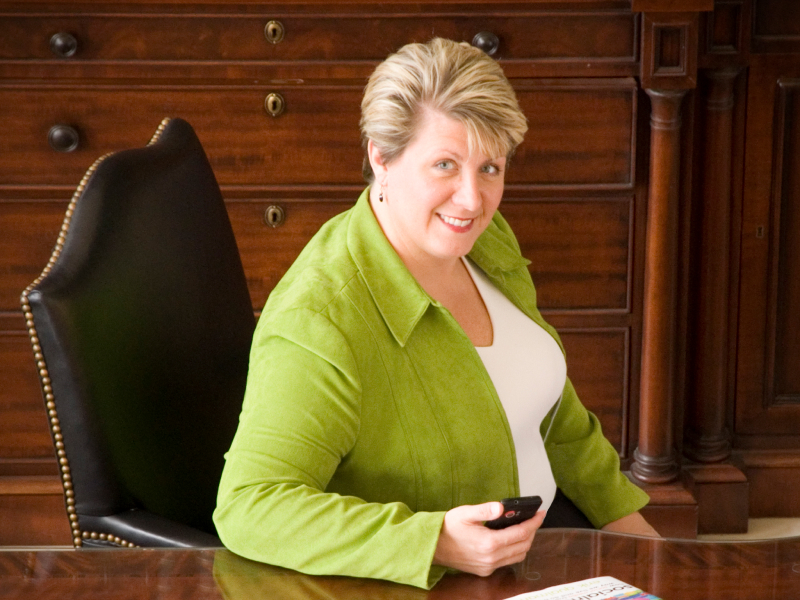
Relevant Resources
view allThe True Cost Of Letting Peak Sales Periods Pass You By

Three Surprising Signs You’re Still Silencing Your Female Employees
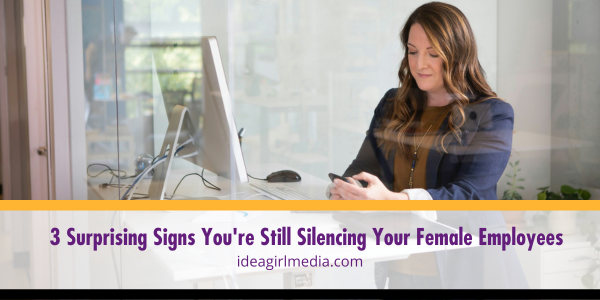
How Ongoing Training In The Workplace Can Drive Long-Term Business Growth
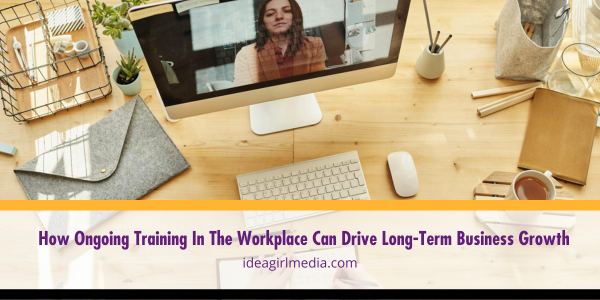
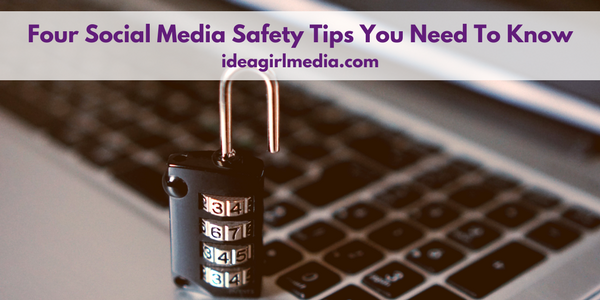

































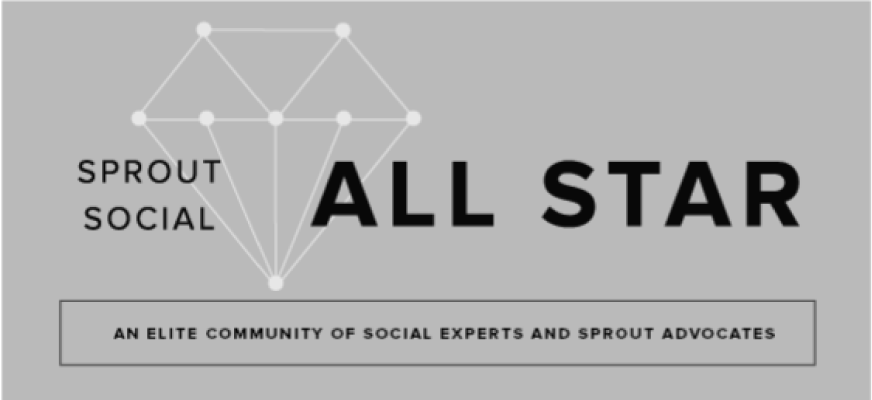


By john daniel on